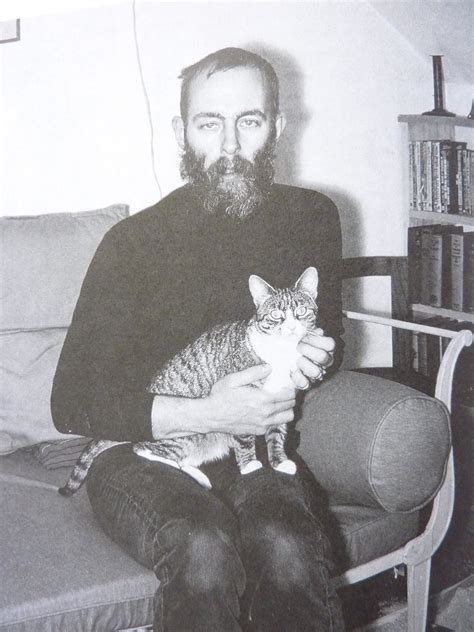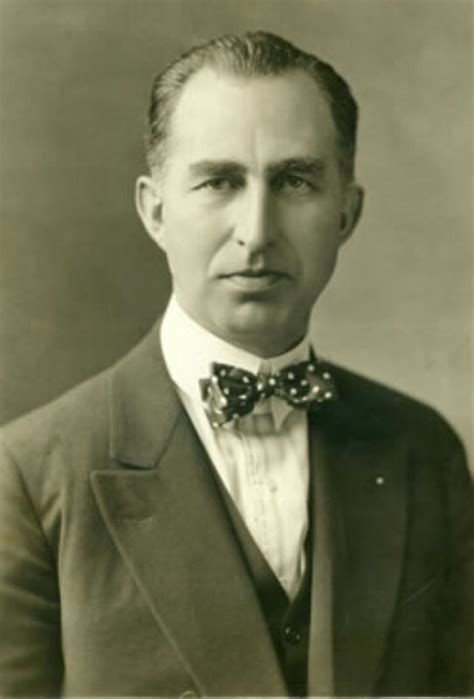A Quote by Micah Perks
I've heard a lot of editors and agents say, "If the book is good, it will get published." I totally disagree with that.
Related Quotes
If you want to be traditionally published, then you most likely want to get a literary agent. To sign with an agent, you need to send them a query letter, but agents can get up to 20,000 query letters a year. With numbers like that, it helps to get in front of agents with every opportunity you have.
Write what you want to read. So many people think they need to write a particular kind of book, or imitate a successful style, in order to be published. I've known people who felt they had to model their book on existing blockbusters, or write in a genre that's supposed to be "hot right now" in order to get agents and publishers interested. But if you're writing in a genre you don't like, or modeling yourself on a book you don't respect, it'll show through. You're your first, most important reader, so write the book that reader really wants to read.
People are very good [at] thinking about agents. The mind is set really beautifully to think about agents. Agents have traits. Agents have behaviors. We understand agents. We form global impression of their personalities. We are really not very good at remembering sentences where the subject of the sentence is an abstract notion.






































